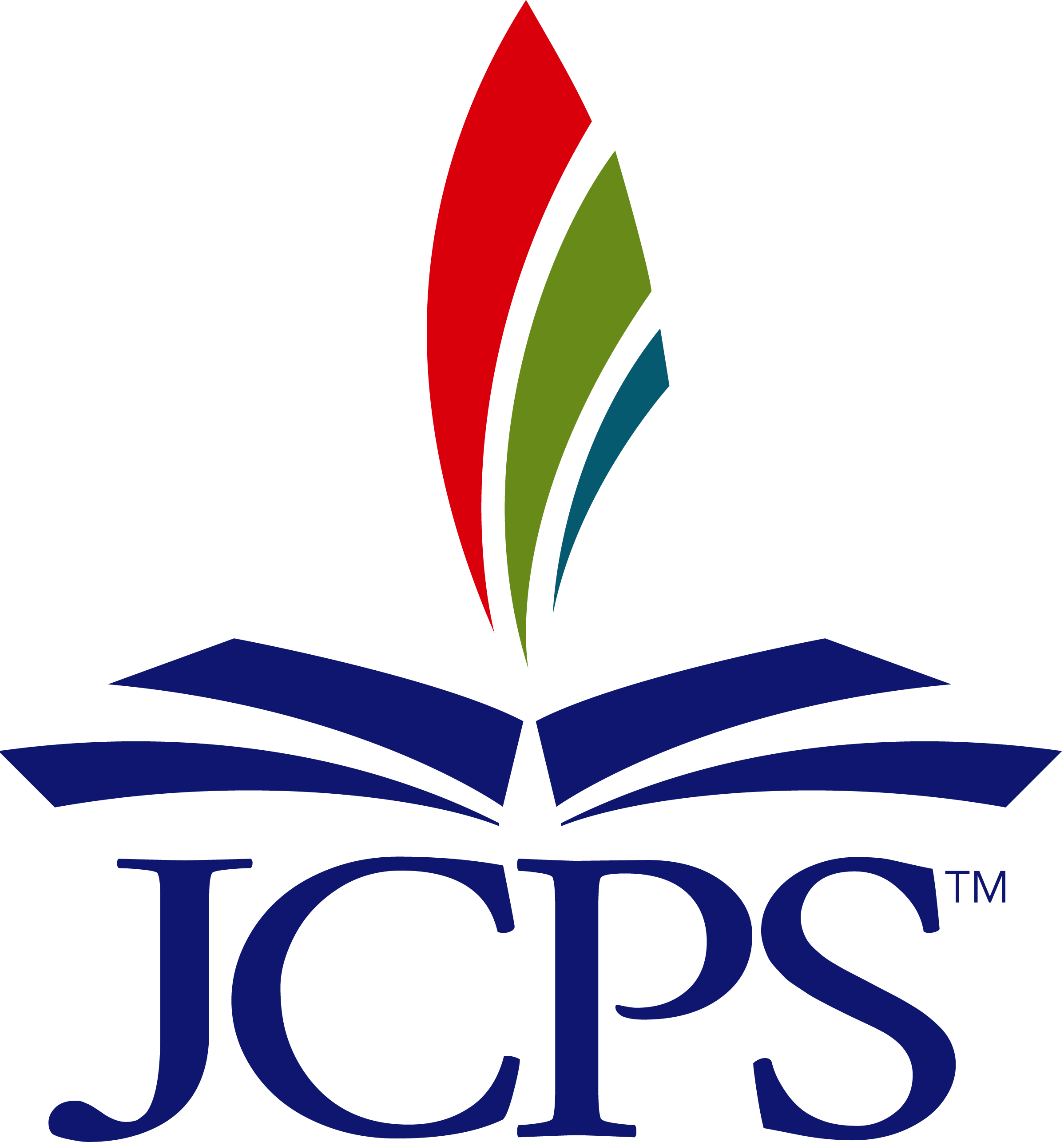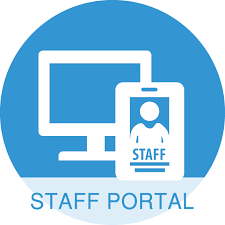Eva Stone, APRN
Manager, District Health
(502) 485-3387
eva.stone@jefferson.kyschools.us
JCPS Health & Wellness
Quick Links
Illness Guidelines
Medications
Before a single dose of medication can be administered to a student in a JCPS school or on a field trip, appropriate authorization must be on file.
Authorization forms are valid only for the current school year.
Written authorization from the healthcare provider must be submitted any time a medication-related change occurs (e.g., a change in dosage or the time the medication should be taken).
JCPS cannot accept written or verbal requests from parents for medication administration or any medication-related changes.
The time the medication is administered must be specified for all daily medications.
Authorization forms must be signed by the parent/guardian, and healthcare providers must also sign over-the-counter medications.
Permission Form for Prescribed or Over-the-Counter Medication
Medical provider signature needed when:
An over-the-counter medication will be given more than three days in a row, or
If the student will be self-carrying a medication
Medication Procedures
District policy requires all medications to be kept in a safe, locked, secure place, except for emergency medications and those approved for students to self-carry.
The parent/caregiver should bring all medications to school in the original, labeled container. School staff should be contacted if there are difficulties getting medicines to the school.
Once medications arrive at the school, they must be counted by Health & Wellness trained staff and documented on the Medication Administration Record (MAR).
All medications must be documented upon administration to the student.
School Health Plans
School Health Plans (SHPs) are needed for each student with a known health condition. The form must be signed by both the parent/guardian and the healthcare provider to be valid. Forms are kept at students’ schools and provide individual emergency plans. An additional authorization form may be needed to administer medication. Each form submitted to a school also must be faxed to Health & Wellness at (502) 485-3387.
District staff members may not provide health services for a student without the proper form on file for the current school year.
Any health service provided for a student must be documented.
Field Trip Information
If a student requires medication, including EpiPens, inhalers, Diastat, or Glucagon, during a field trip, a trained staff member must accompany the student. Students requiring medication must have a Permission Form for Prescribed or Over-the-Counter Medication on file.
If the field trip is out of county/state or is overnight, contact Health & Wellness and fax the field trip approval form to (502) 485-3387 at least 2 weeks (14 days) before the field trip.
School Health Requirements
Vaccination Requirements
Every JCPS student must have a current Kentucky State Immunization Certificate on file within two weeks of starting school. Students who enroll in State-Funded Pre-K Programs must also have a current Kentucky State Immunization Certificate on file prior to attending a JCPS school or riding on a JCPS bus. Students will not be placed in an Early Childhood Program without these forms.
Kentucky immunization records can be accessed through the Kentucky Immunization Registry (KYIR).
Physical Exams
Students need proof of a physical exam completed on a Kentucky Preventative Exam Form:
For placement in an Early Childhood Program. (Students must have a yearly physical exam.)
For kindergarten—if the student did not have one for Early Childhood within the last year.
For sixth grade—students must have a physical exam within a year of starting sixth grade.
The exam form must be on file within two months after the student starts attending a JCPS school.
Athletic (Sports) Physicals
A Sports Physical is required annually to participate in sports and is valid for one calendar year.
Eye Exams
Students ages 3, 4, 5, or 6 years old entering JCPS for the first time must complete an eye exam by January 1 of the year the student is enrolled. This is a one-time-only requirement.
An ophthalmologist or optometrist must complete this exam, which is not part of the physical exam.
Proof of the exam must be submitted on the Kentucky Vision Examination Form.
Dental Screening or Exam
Students ages 5 or 6 entering JCPS for the first time must complete a dental screening or exam by January 1 of the year the student is enrolled. This is a one-time-only requirement. A dentist can complete this screening. If you do not have dental health insurance or a regular dental provider, please contact the nurse at your school. A Registered Nurse can complete this exam, and arrangements can be made to have it done at school.
Proof of the exam must be submitted on the Kentucky Dental Screening/Examination Form.
Screening Programs
Elementary school students participate in vision and hearing screenings during the school year. Health is very important to ensure your child(ren) is at their best for learning. Vision and Hearing screenings are critical to support academic success. Please return the school nurse's office consent so that your child(ren) can participate in these screenings.
State-funded preschools also provide health screenings, including growth assessment, vision and hearing screening, and assessments of current immunization status and general health.
Health Screenings
Per Kentucky regulation, JCPS Health & Wellness is required to offer various screenings to students. Schools will be contacted to schedule a screening date and will be supplied all the information needed. The JCPS Health & Wellness Department will notify parents if their child fails a screening or if the student could not be tested for some reason.
Physicals
Families are encouraged to schedule appointments with their primary care provider for exams.
The following documents should be completed, signed by the parent/guardian, and brought to the physical exam.
If you have any questions, please call your school nurse or the JCPS Health & Wellness office at (502) 485-3387 to speak with health service staff.
Hearing Screenings
These screenings are performed for elementary students based on school needs and program requirement as well as Exceptional Child Education (ECE) self-contained students. The screenings also are performed for students who have been referred by a teacher.
Vision Screenings
Vision screenings are also performed for students based on district policy/procedures, school needs, and program requirements.
Community Health Centers
Louisville, Kentucky
These clinics take patients, and the cost is a sliding scale based on income. They also accept Medicaid and private insurance. They have an advantage over free clinics because students/families can establish a medical home with a primary care provider.

